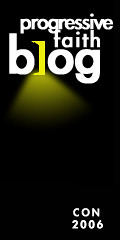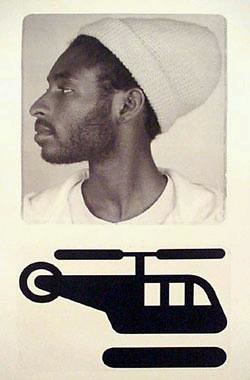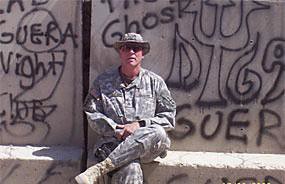The latter part of the book gets into the nitty gritty of Quranic social roles and gender and here Wadud gives some careful but plausible explanations for how certain texts can be read in ways which maximize women's rights. So she spends a couple of pages each on key terms like "darajah", "faddala", "daraba" and "qawwamun".
And I thought she had a particularly fresh perspective on the subject of female witnesses:
In 2:282 the Quran says:
O you who believe! when you deal with each other in contracting a debt for a fixed time, then write it down [...] but if he who owes the debt is unsound in understanding, or weak, or (if) he is not able to dictate himself, let his guardian dictate with fairness; and call in to witness from among your men two witnesses; but if there are not two men, then one man and two women from among those whom you choose to be witnesses, so that if one of the two errs, the second of the two may remind the other [...]
And a typical patriarchal reading uses this passage as evidence that a woman's testimony is less valuable or reliable than a man's. But Wadud suggests that the second woman is there, not because of female inferiority but as a corrective to the pre-existing patriarchy.
"If one goes wrong, or is persuaded to give untrue testimony, the other is there to support the terms of the contract. However, considering that women could be coerced in that society, if one witness was female, she would be easy prey for some male who wanted to force her to disclaim her testimony. When there are two women, they can support each other [...] The single unit which comprises two women with distinct functions not only gives each woman significant individual worth, but also forms a united front against the other witness."
All in all, I would recommend the book as providing good food for thought.
I want to say a lot more but I still need to get my thoughts together. For the past couple of years I've become more appreciative and respectful of the idea of tradition and orthodoxy (especially in terms of acts of worship and theology) but I'm still not absolutely certain what that means in terms of "progressive" values. A while back this tension became more salient for me when Amina Wadud raised the issue of female imams leading prayers for mixed congregations. I tended to think that if one could produce a scholarly, methodologically-sound argument based on authentic sources that was one thing... but I got the sense that many of the laypeople who argued against Wadud's position weren't necessarily motivated by such objective considerations.
More later... perhaps...
Grenada's past:
amina wadud interview
gender jihad
zaid shakir and female imams



